Kidney stones can be stubborn and painful. In many cases, patients rely on a urologist for help removing these painful obstructions. Kidney stones are hard deposits of minerals that form in the body and can cause blockage in the urinary tract. Urologists will decide how to treat the stone based on factors like its size, the patient’s health and the amount of pain it’s causing.
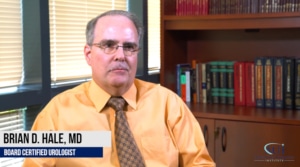 One cutting-edge and noninvasive method for treating kidney stones is called shock wave lithotripsy. Board-certified urologist Dr. Brian D. Hale describes it as using water waves to break up the stone. A machine is put against the patient’s body and creates small explosions. The water waves from the explosions target the stone. As many as 2,500 water waves are directed at the stone during a single treatment.
One cutting-edge and noninvasive method for treating kidney stones is called shock wave lithotripsy. Board-certified urologist Dr. Brian D. Hale describes it as using water waves to break up the stone. A machine is put against the patient’s body and creates small explosions. The water waves from the explosions target the stone. As many as 2,500 water waves are directed at the stone during a single treatment.
These waves break the stone into small pieces similar to sand. The patient will be able to pass these much smaller pieces with greater ease. The whole treatment takes about 25 minutes. The procedure is mostly pain free but does require the patient to go under general anesthesia. In the early 2000s, patients were not required to go under anesthesia for this procedure. However, it was found that natural movements from the patient made it difficult to concentrate the water waves on the stone, so putting patients under anesthesia is now the general practice.
Each case of kidney stones is different, and noninvasive measures are not always an option. An alternative procedure for stone removal is to use a scope to go up the patient’s penis through the urethra to the kidney and then use a medical laser to break up the stone and pull out the fragments. This is the preferred method for some of the smaller stones that cannot be broken up with shock wave lithotripsy.
For larger stones in the kidney, urologists may recommend a more invasive form of surgery called percutaneous nephrolithotomy. In these cases, the urologist will make a small incision in the patient’s back to reach the kidney directly. The urologist then will use a scope and either a laser or ultrasound energy to break up the stone. This procedure also requires general anesthesia and the patient may need to stay in the hospital for one to two days to recover.
There are many options for patients suffering from painful kidney stones. The many urologists of the Advanced Urology Institute have committed to finding the best options to relieve the pain of kidney stones. For more information, visit the Advanced Urology Institute website.





 Although anyone can develop stones, there are certain factors that can indicate who gets them and how they occur. As urologist
Although anyone can develop stones, there are certain factors that can indicate who gets them and how they occur. As urologist 
 There are numerous
There are numerous 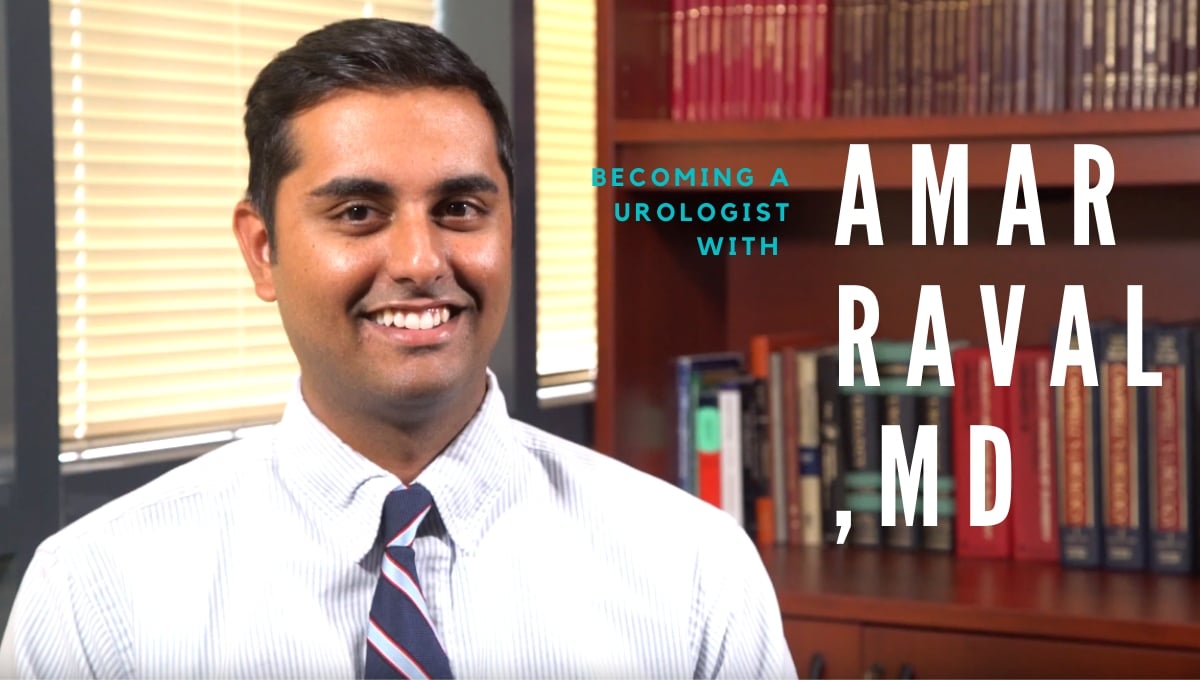
 One common problem is kidney stone disease. Kidney stones form for a variety of different reasons. They are particularly common in warm climates, like Florida. Symptoms can vary, but they include severe abdominal pain, nausea, fever, chills, difficulty urinating or
One common problem is kidney stone disease. Kidney stones form for a variety of different reasons. They are particularly common in warm climates, like Florida. Symptoms can vary, but they include severe abdominal pain, nausea, fever, chills, difficulty urinating or 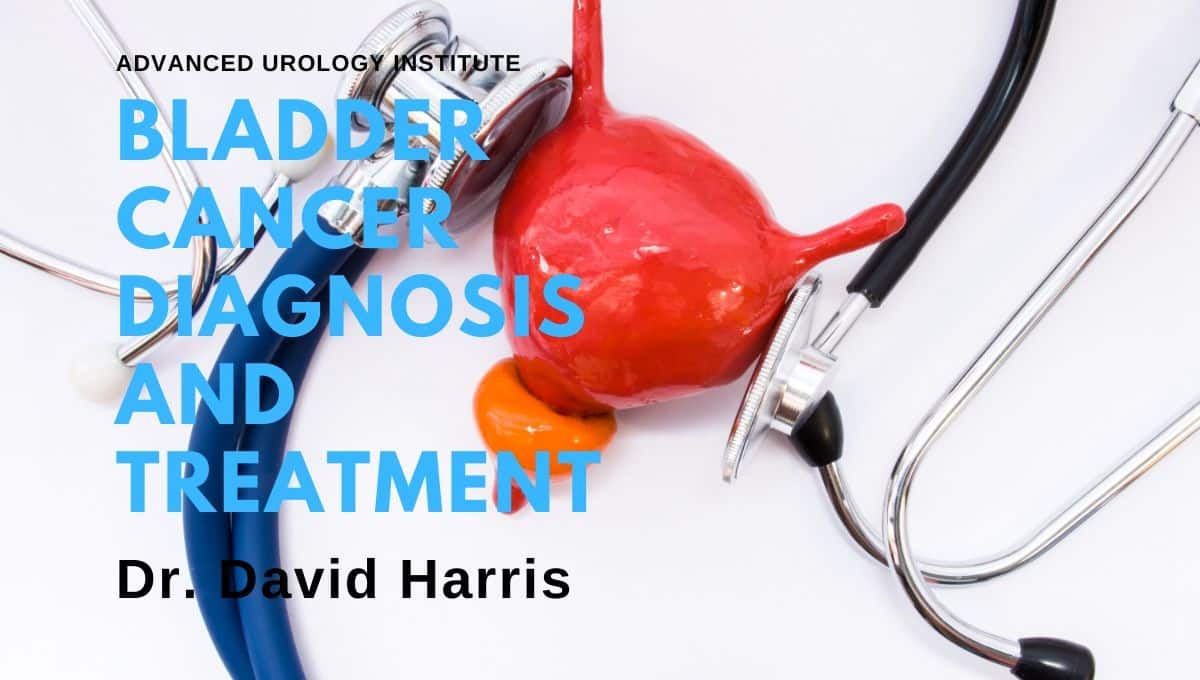


 There are pros and cons to PSA screening for prostate cancer. PSA tests can show increases in proteins when cancerous tissue is not actually present. This is called a false positive and can cause a great deal of stress for the patient and lead to more invasive tests that may not be necessary. For these reasons, among others, PSA tests were not recommended to patients for a period of time.
There are pros and cons to PSA screening for prostate cancer. PSA tests can show increases in proteins when cancerous tissue is not actually present. This is called a false positive and can cause a great deal of stress for the patient and lead to more invasive tests that may not be necessary. For these reasons, among others, PSA tests were not recommended to patients for a period of time.
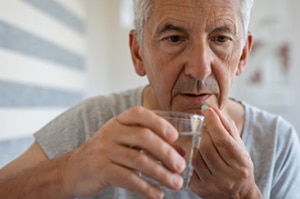 But if such urges happen frequently and too quickly to reach facilities, there may be a problem. If there is a need to struggle or strain to maintain a urine flow, or if the flow is abnormally slow for more than a few days, it is time to talk to your doctor. Pain in the scrotum or penis or a feeling that the bladder is still full after urinating can be indications of a problem. Any combination of these
But if such urges happen frequently and too quickly to reach facilities, there may be a problem. If there is a need to struggle or strain to maintain a urine flow, or if the flow is abnormally slow for more than a few days, it is time to talk to your doctor. Pain in the scrotum or penis or a feeling that the bladder is still full after urinating can be indications of a problem. Any combination of these 
 Physician assistants
Physician assistants
 Some prostate cancers grow slowly and, in some cases, need little to no treatment. Other cancers can be aggressive and spread quickly. It is important to see your urologist often to monitor your cancer, as the best treatment for you will depend on the type of prostate cancer you have and how it reacts to treatment.
Some prostate cancers grow slowly and, in some cases, need little to no treatment. Other cancers can be aggressive and spread quickly. It is important to see your urologist often to monitor your cancer, as the best treatment for you will depend on the type of prostate cancer you have and how it reacts to treatment.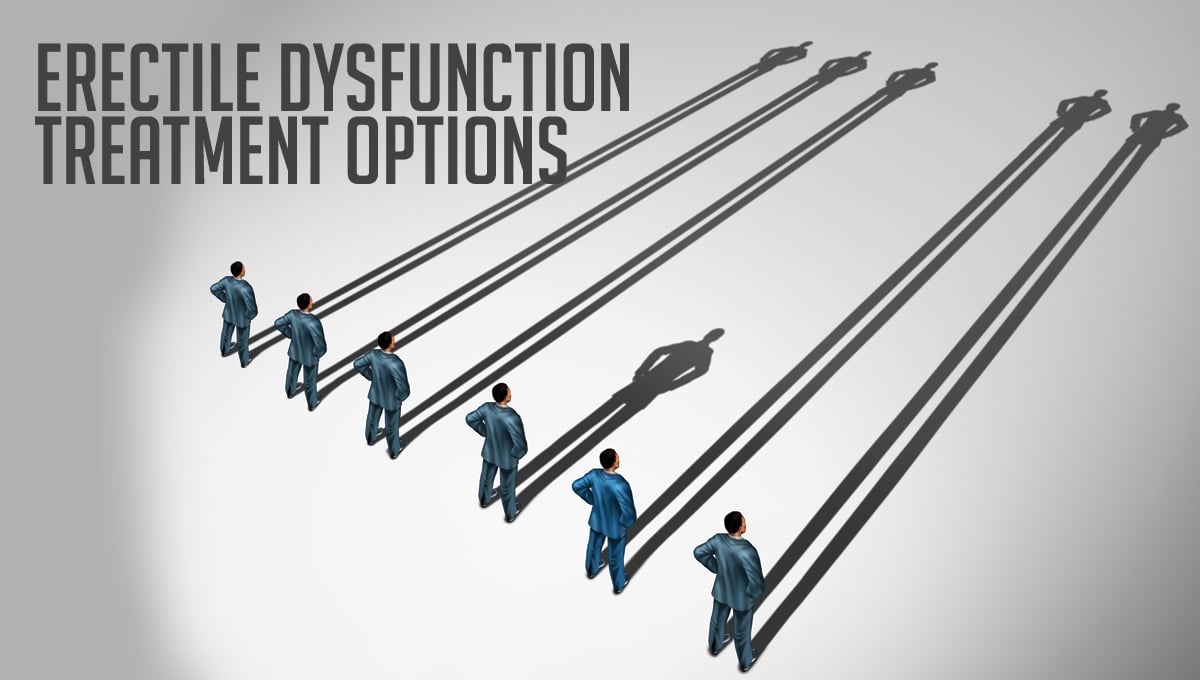
 There are many potential steps to be taken in the ED treatment process. The first step, especially when the patient is a younger man, is usually medical management. Doctors may prescribe common medications like Viagra or Cialis. Both medications are taken only when needed. They do not help cause an erection until the patient has already become sexually stimulated. They are safe, commonly prescribed medications; however, they can cause serious side effects in combination with other medicines, especially nitrates.
There are many potential steps to be taken in the ED treatment process. The first step, especially when the patient is a younger man, is usually medical management. Doctors may prescribe common medications like Viagra or Cialis. Both medications are taken only when needed. They do not help cause an erection until the patient has already become sexually stimulated. They are safe, commonly prescribed medications; however, they can cause serious side effects in combination with other medicines, especially nitrates.
 Although they may not be doctors, physician assistants have some of the most important jobs in healthcare and carry a great deal of responsibility. They assist with surgeries, see patients independently and take an active role in decision making with the doctors. They are an important part of the patient experience and share in the satisfaction of participating in overall patient care.
Although they may not be doctors, physician assistants have some of the most important jobs in healthcare and carry a great deal of responsibility. They assist with surgeries, see patients independently and take an active role in decision making with the doctors. They are an important part of the patient experience and share in the satisfaction of participating in overall patient care.
 Certified physician assistants go through a rigorous graduate-level training program that takes more than two years to complete. The degree program must be accredited by both the Committee on Allied Health, Education and Accreditation, and the Accreditation Review Commission on Education for the Physician Assistant. After successful completion of the academic portions, the graduates must pass the national Physician Assistant National Certifying Exam. The final stages include formal application with the Florida Board of Medicine and completion of 2,000 hours (about one year) of supervised clinical practice.
Certified physician assistants go through a rigorous graduate-level training program that takes more than two years to complete. The degree program must be accredited by both the Committee on Allied Health, Education and Accreditation, and the Accreditation Review Commission on Education for the Physician Assistant. After successful completion of the academic portions, the graduates must pass the national Physician Assistant National Certifying Exam. The final stages include formal application with the Florida Board of Medicine and completion of 2,000 hours (about one year) of supervised clinical practice.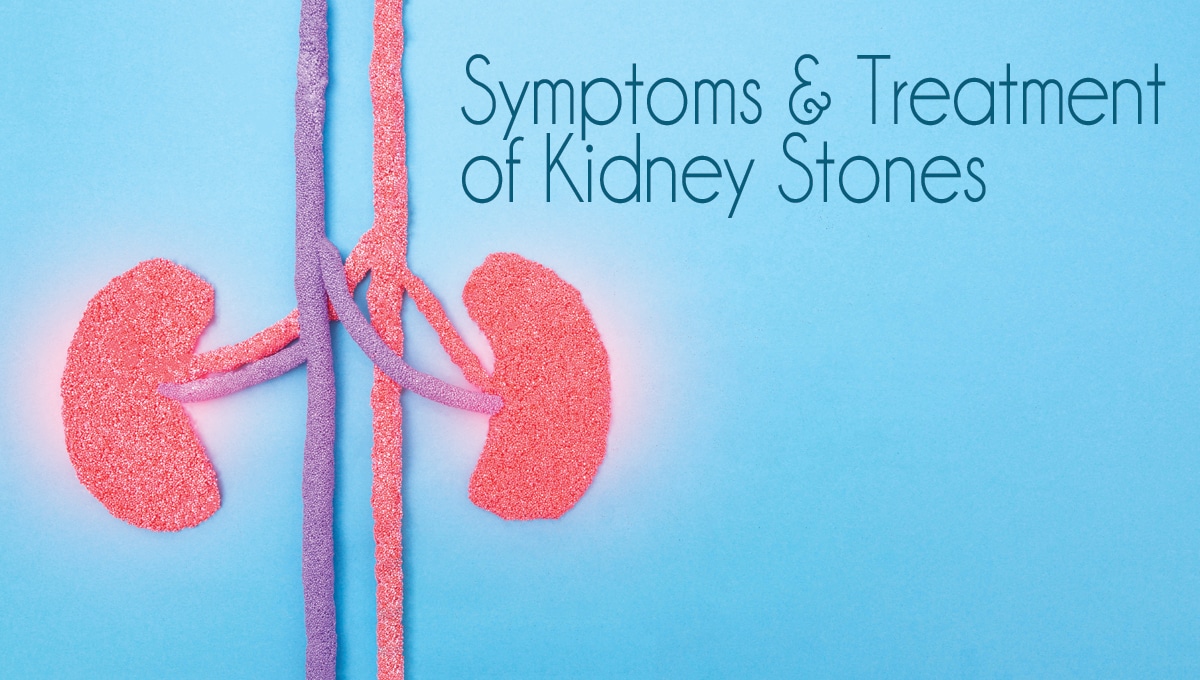
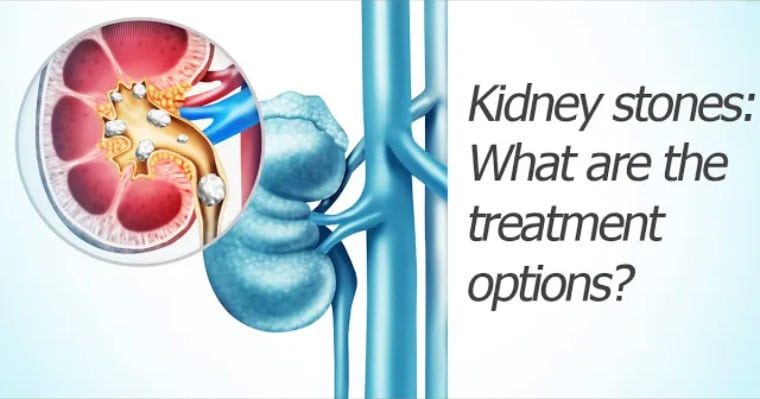
 entities formed of different types of crystals. When they become large, they are extremely painful. They are called
entities formed of different types of crystals. When they become large, they are extremely painful. They are called 
 How can you be sure that kidney stones are causing your pain?
How can you be sure that kidney stones are causing your pain?